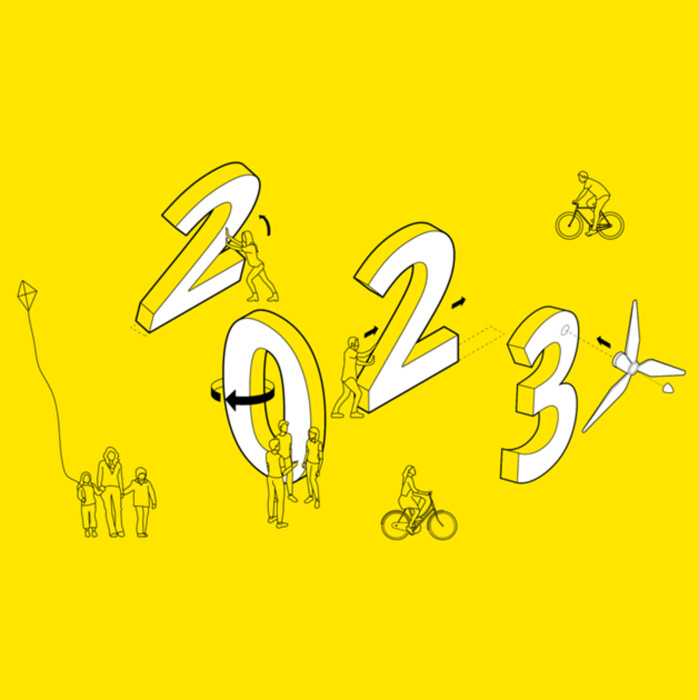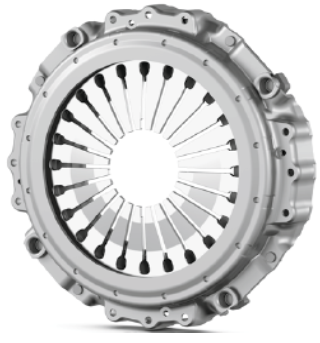Circular Economy
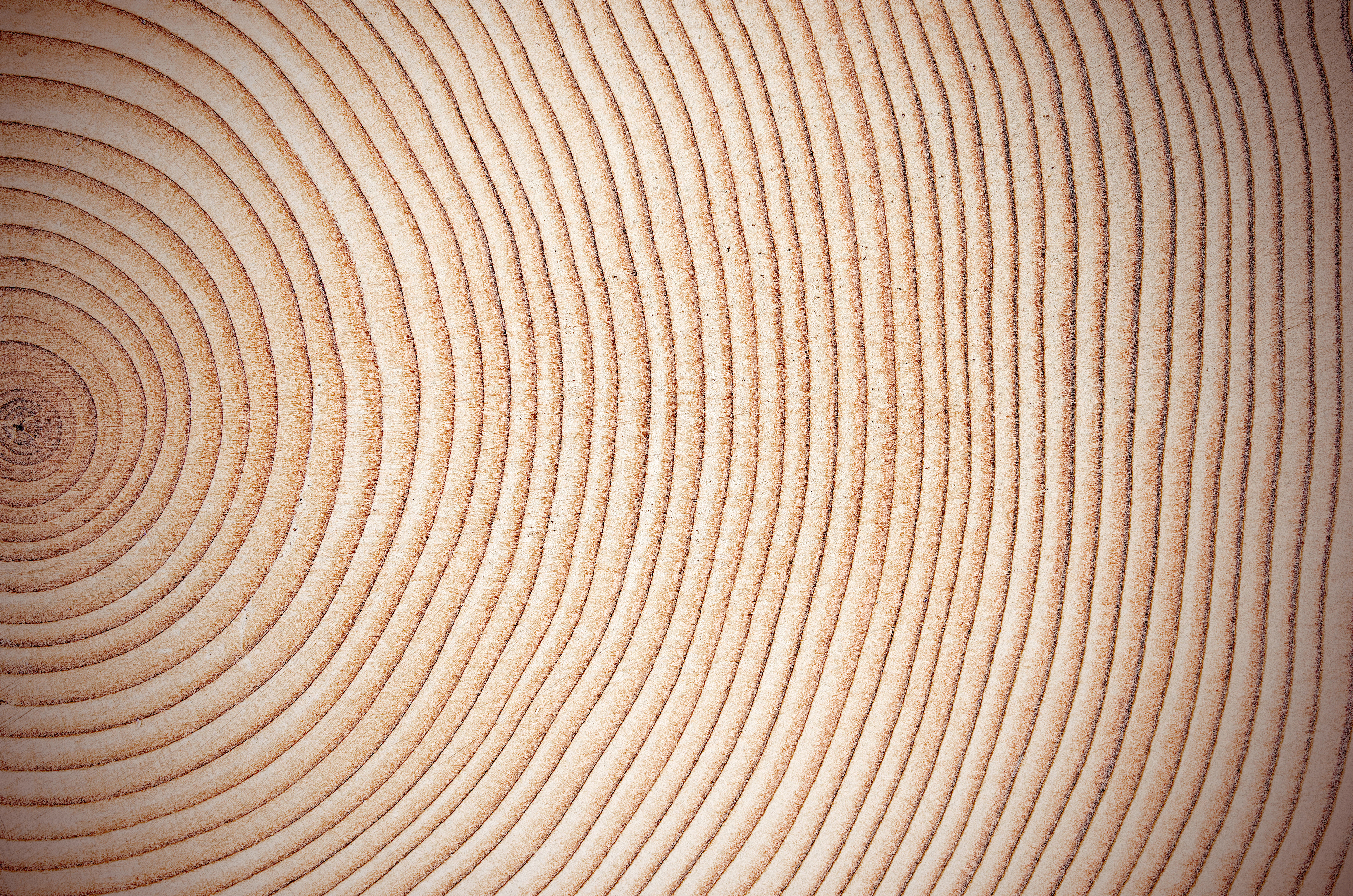
The Circular Economy is a pivotal concept in the Cradle to Cradle Certified® framework, being regarded as much more than just a solution to the waste problems caused by linear business models, as seen in common definitions. Rooted in the principles of the Cradle to Cradle® design concept, this approach requires that every step of a product’s use cycle, from design to production, to post-user life, is part of a circular pathway.
Technical & Biological Pathways
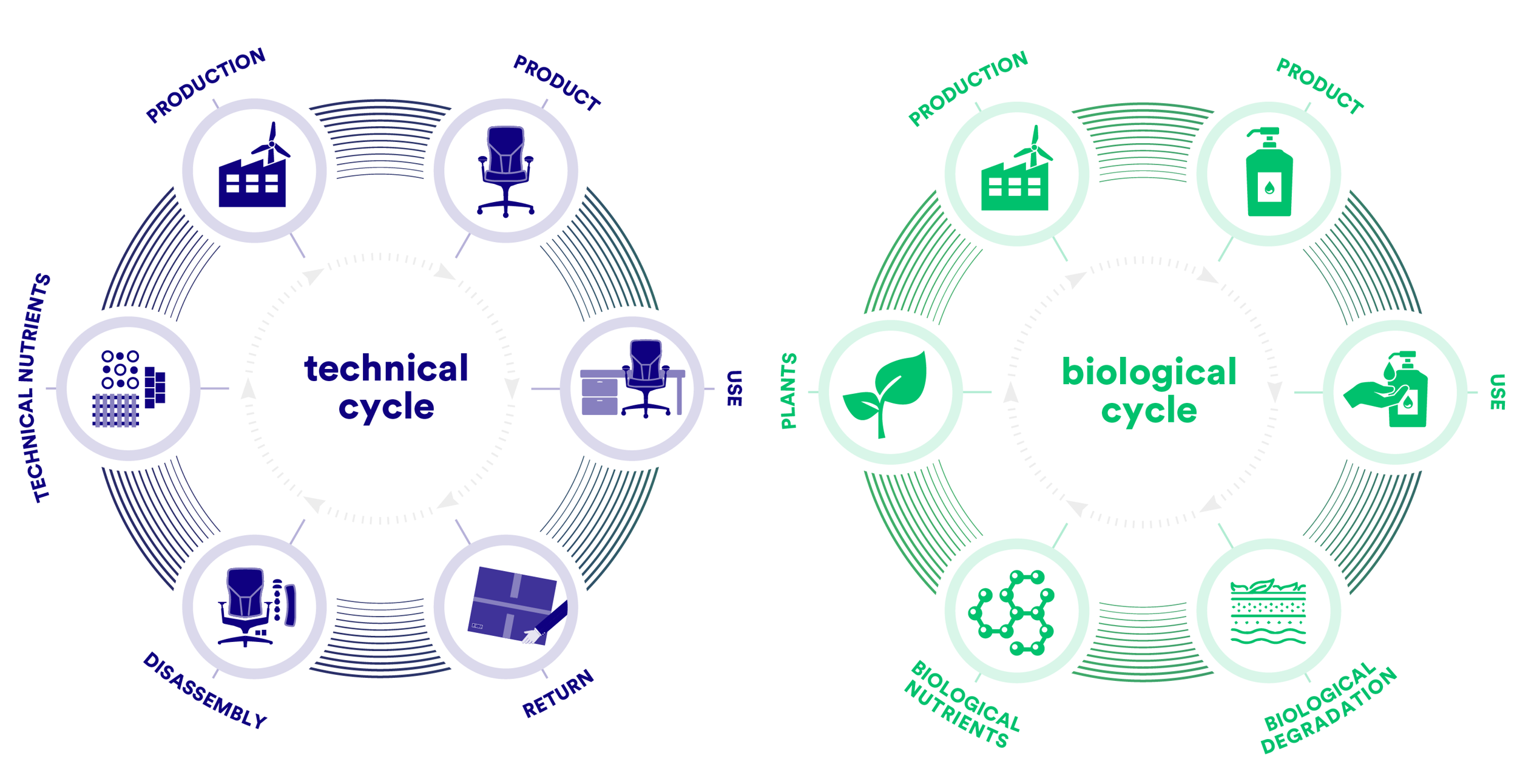
In our Cradle to Cradle Certified Product Standard, pathways can be technical or biological, with reference to the way a material is processed at the end of its use. We refer to a technical cycle when a product’s materials or parts are reprocessed for a new product use cycle via recycling, repair, refurbishment, remanufacturing or reuse.
Conversely, in the biological cycle, materials or parts are released, and ideally reprocessed via composting, biodegradation, nutrient extraction, or other biological metabolic pathways.
Sustainability Performance Category

Product Circularity is one of the five categories of the Cradle to Cradle Certified® Product Standard, built on the pillars of Circular Sourcing, Circular Design and Circular Systems. Products are intentionally designed for their next use and are actively cycled in their intended cycling pathways.
Circular Sourcing
Cycled or renewable content
Responsible sourcing of renewable content
Circular Design
Designed with cycling in mind
Circular design opportunities
Designed for disassembly
Circular Systems
Circular education
Circularity Data Report & Cycling Instructions
Active Cycling

The so-called R-Strategies are widely known as design strategies for circular product design. So, what does it take to successfully apply these strategies to your product life cycle when you intend to work towards Cradle to Cradle Certified®?
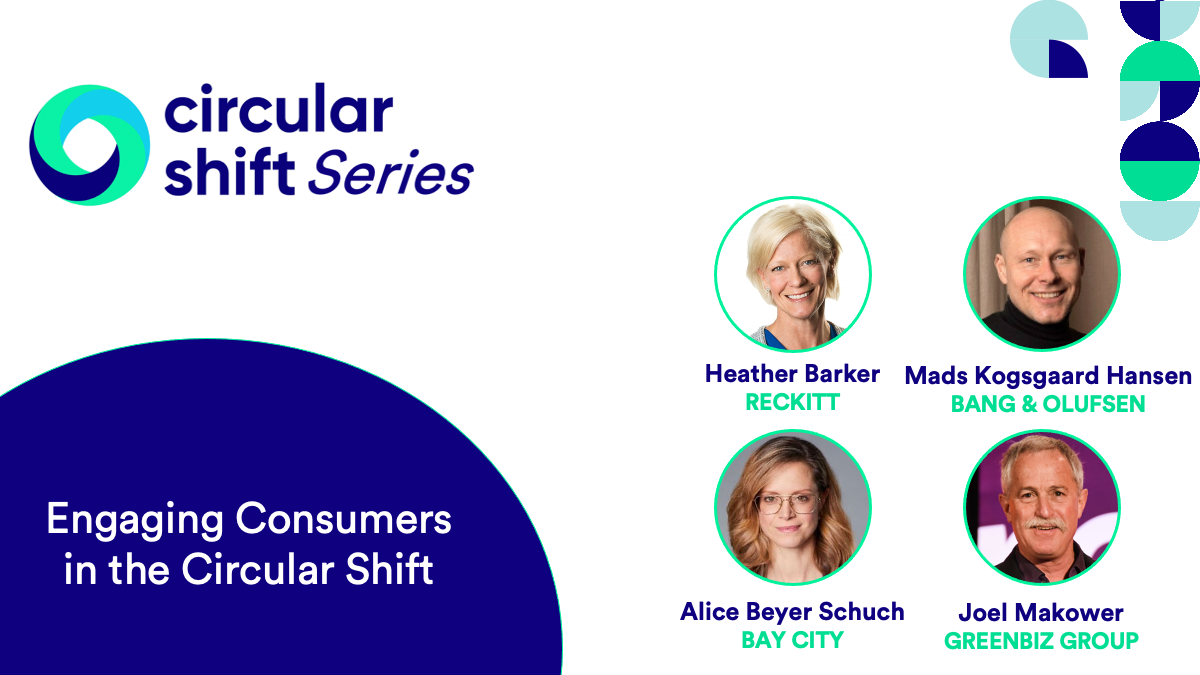
Take a look back at this insightful panel exploring emerging consumer practices, challenges and opportunities with an inspirational panel of cross-sectoral leaders featuring Heather Barker from Reckitt, Alice Beyer Schuch from Bay City, Mads Kogsgaard Hansen from Bang & Olufsen, led by Joel Makower from GreenBiz Group.

We know the linear economy is damaging our planet and impacting human health. Under the linear model, production and consumption have gone unchecked: the use of resources has tripled since 1970, putting increasing pressure on resource availability and producing more and more waste. What’s more, about 45% of global greenhouse gas emissions come from manufacturing and food production.
